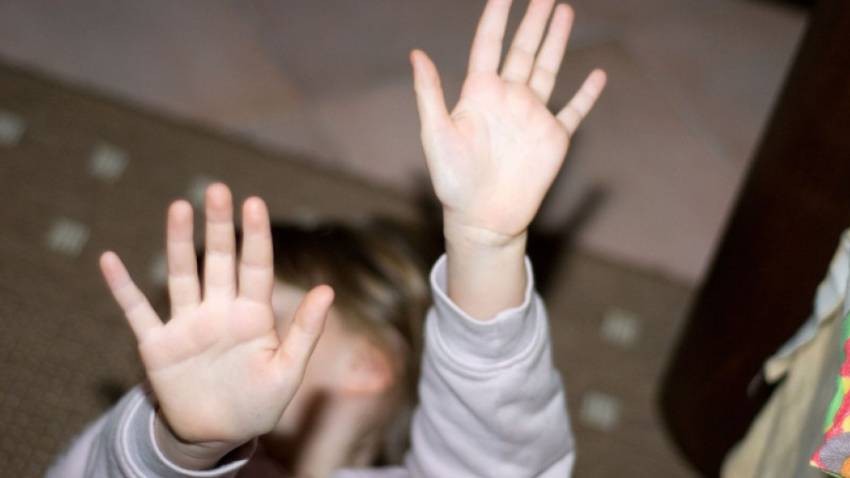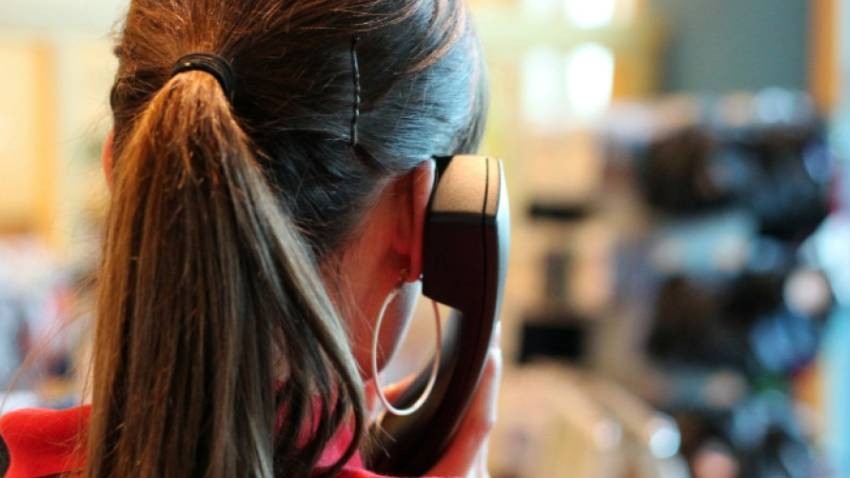Alarming results have been revealed by a study by psychologists from Veliko Tarnovo University and the Ekaterina Karavelova Women's Society in Silistra, which found that every fourth Bulgarian has been a victim or has witnessed violence. The study was carried out throughout the country in the space of 30 months, covering 3,500 children and adults, and the conclusions were presented to the Bulgarian MEPs and deputies in the National Assembly.
On a mass scale, Bulgarians recognize only slapping and beating as forms of domestic violence, but disregard the forms of verbal, emotional and sexual violence, as the stereotypes of men and women are different, as well as of people from villages and cities, the survey indicates. The data are not unexpected, comments Prof. Velislava Chavdarova from Veliko Tarnovo University:
"No, it did not surprise us, because aggression in the Bulgarian family is a sustainable trend. There is nothing extraordinary, the reasons which are being observed at the moment are different, i.e. apart from intra-family relations, the socio-public, even political environment has a definite influence and this aggressive approach to relationships in general."

Public attitudes persist that problems with violence should remain inside the family, and when the victims gain the courage to seek protection, their removal from the critical situation is slow, the state machine is cumbersome, it is difficult to work with the abusers. Separately, we also have stronger and more widespread hate speech from politicians. There are problems even with our traditions and understanding of patriarchy, comments psychologist Prof. Ivan Ivanov:
"Patriarchal traditions and norms, according to participants in small settlements, are a resource for protection against violence. While participants from larger towns and cities believe that patriarchal traditions facilitate and unlock the occurrence of domestic violence."
The conclusions that psychologists draw from their conversations with students are very worrying. Stereotypes seem to be impenetrable:
"Especially in smaller towns and villages, children do not perceive violence as such even if they have experienced it. The fact that children have been abused, beaten or have been present at scenes of domestic violence does not change their stereotypes," Prof. Velislava Chavdarova points out.

"Everyone used the concepts, the observations, the models at home. If a mother bears being insulted or anything else, they thought that this was normal, purely to be financially secure," add Assoc. prof. Petya Trifonova.
Very serious changes are needed in the educational, health and social policy of the country. Although a few months ago there were changes in the Domestic Violence Act, the regulations for its implementation are not working, comments Galya Ivanova from the Ekaterina Karavelova Women’s Association in Silistra.
Psychologists from the Veliko Tarnovo University and the women's non-governmental organization have discussed with MPs the topic of domestic violence being included in educational programs, Prof. Ivan Ivanov explains:
"Children should be able to flexibly resolve conflicts through various role-playing games, so that even at an early school level there is something like prevention and children are sensitive to the topic."
The language of hatred has taken over Bulgarian politics and that is why, according to Prof. Ivanov, a code of ethics for public figures is needed. "In speeches and opinions, gender-role stereotypes should not be emphasized or abused," he points out.

Legislative changes have also been proposed to Parliament.
"Politics in the sphere of family and violent relations should move towards greater transparency, greater coordination, respectively budget, taking responsibility and creating an adequate system that can work with both victims and perpetrators," explains Assoc. Prof. Ivanov.
The large-scale study, conducted among 3,500 children and adults in the 28 districts of the country, can become the basis of a National Program for work on the problems of domestic violence, especially now that the National Council for Combating Domestic Violence and its secretariat is being structured. The approach to different regions should be different, comments Galya Ivanova from the Silistra-based women’s NGO:
"Domestic violence is such a phenomenon that does not only affect the family, it also affects the foundations of the state. Because when a woman, man or child feels bad, they can hardly stay at work, this puts a burden on the healthcare system. Prevention is vital. It will be a great achievement for us if we are out of work."
The Martenitsa Festival was held in Brussels f or the third consecutive year . Cultural organizations from Bulgaria, Romania and Moldova presented their country's traditions related to the "Baba Marta" holiday, which heralds spring. The initiative..
Measurement equipment installed at the Bulgarian Antarctic base "St. Kliment Ohridski" has been collecting valuable data on solar activity and its relation to the Earth's magnetic field for two months. The research is part of Bulgaria's first polar..
558 Bulgarians aged 18, selected from 1,785 applicants, will be able to embark on their dream journey by train across Europe, learn from other cultures and build new friendships. They have been selected to receive a free travel pass through the..
The Kukeri Festival in Shiroka Laka, traditionally held on the first Sunday of March, marks the end of winter and the beginning of spring. Accompanied by..
A sports festival for children and youth with special needs will be held today in the square in front of the Ruse Municipality..
The “Kladi” ritual, dedicated to the Cheesefare Sunday, will take place for the 32nd consecutive year on the meadow in front of the..

+359 2 9336 661
